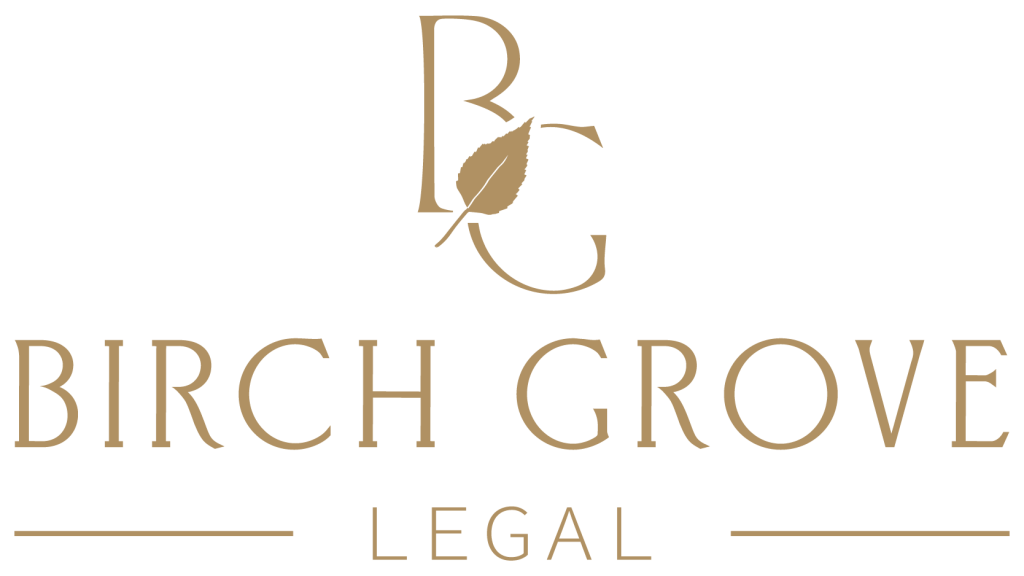What to Bring to an Estate Planning Meeting in Colorado?

If you’re new to the estate planning process, the question “What to bring to an estate planning meeting” might have popped into your head. Winging it won’t work in this case because you need to be as accurate as possible when creating your estate plan. So, what should you bring to an estate planning meeting? Let’s go through the list.
3 Things You Must Bring to Your Estate Planning Meeting
The three things you should bring to your meeting with your estate planning attorney are:
- Asset records
- A list of beneficiaries
- A list of executors

Asset Records
While you don’t need to bring all your asset records to your first estate planning meeting, it’s good to have most of them on hand. Here are some financial records you need to bring:
- Recent financial statements for brokerage, checking, money market, and other accounts
- Retirement plan statements for pension plans, individual retirement accounts (IRAs), 401ks, 403b plans, non-qualified retirement plans, and Keogh plans
- Deeds to real estate, such as your primary residence, second home, vacation home, and investment properties
- Business agreements like partnership agreements, operating agreements, joint venture agreements, and leases
- Intellectual property registrations (e.g., copyright, patent, and trademark certificates). These should be sent directly through the United States Patent and Trademark Office (USPTO)
- Security certificates, such as bonds, mutual funds, stocks, savings bonds, and government securities
- Information about any digital assets, including a description of how wallet information is stored
- Any gift tax returns (Form 709) you or your spouse have filed
A List of Beneficiaries
Who do you want to inherit assets from your estate? In other words, who will get your house, cars, or artwork collection? You want to create a contact list of all these people. If you don’t do this, the state where you live will decide what to do with your assets.
A List of Executors
Executors are the people you want to distribute your assets among your beneficiaries. For example, who would you give your power of attorney if your health declines? You want to create a list of people you trust to handle your estate—these can include family, friends, and even your lawyer.
Questions to Ask Yourself Before Estate Planning Meeting
In addition to the required information above, it can also help improve the quality of an estate planning meeting if you have thought through what sort of legacy you want to leave. Some questions to consider are:
- Do you want to give anything to charity?
- Do your beneficiaries need help managing their inheritance?
- How do you share your values along with your wealth?
A quality estate planning attorney will help you navigate these questions.
Make the Most of Your Next Estate Planning Meeting with Birch Grove Legal
Estate planning is stressful but an estate planning attorney helps you navigate the process and realize your desires for your estate. At Birch Grove Legal, we simplify the estate planning process and help you understand exactly what to bring to an estate planning meeting. Contact now to streamline estate planning.
[trustindex no-registration=google]






0 Comments